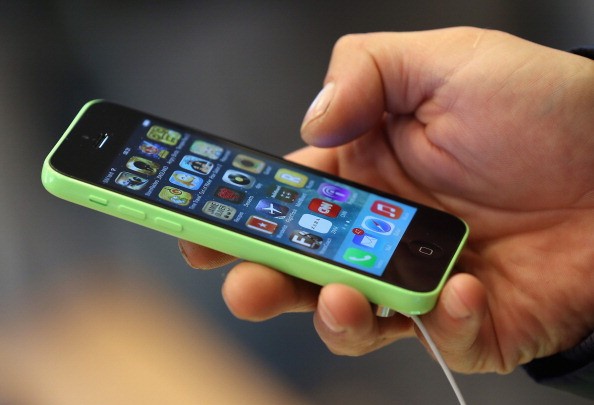
The interactions that occur between children and their parents during family meals can help protect children against obesity, asthma, and risky behaviors during adolescence. But a parent's use of a smart phone or other mobile device can interfere with these kinds of communication.
Researchers from Boston University School of Medicine watched 55 caregivers and children during meals at fast-food restaurants. Observers watched the interactions between the adults and children. They kept track of how the mobile devices were used by the adults, and the behaviors of the child and caregivers during the meals.
The adults who used their mobile device the most had significantly fewer verbal interactions with their children than those who did not use their devices or only used them a little while eating. These adults made fewer encouragements to the children. The use of mobile devices was associated with 20% fewer verbal and 39% fewer nonverbal interactions.
The researchers noted that nonverbal communication and interactions are a primary way that emotional content is communicated between parents and children. Mobile device use may displace this type of communication which could mean that it significantly decreases an emotional connection. Parents may be missing the social cues from their children because their attention is focused on their phone or other device.
"We theorize that mobile device use was associated with a decreased number of maternal verbal and nonverbal interactions through decreased awareness of the child's social cues while the mother's gaze and/or attention was directed at a device," explained Jenny Radesky, M.D., clinical instructor in Developmental-Behavioral Pediatrics at Boston University School of Medicine. As mobile devices become more universal, how parents balance their attention between their devices and their children during meals and at other times may have important implications, she said.



